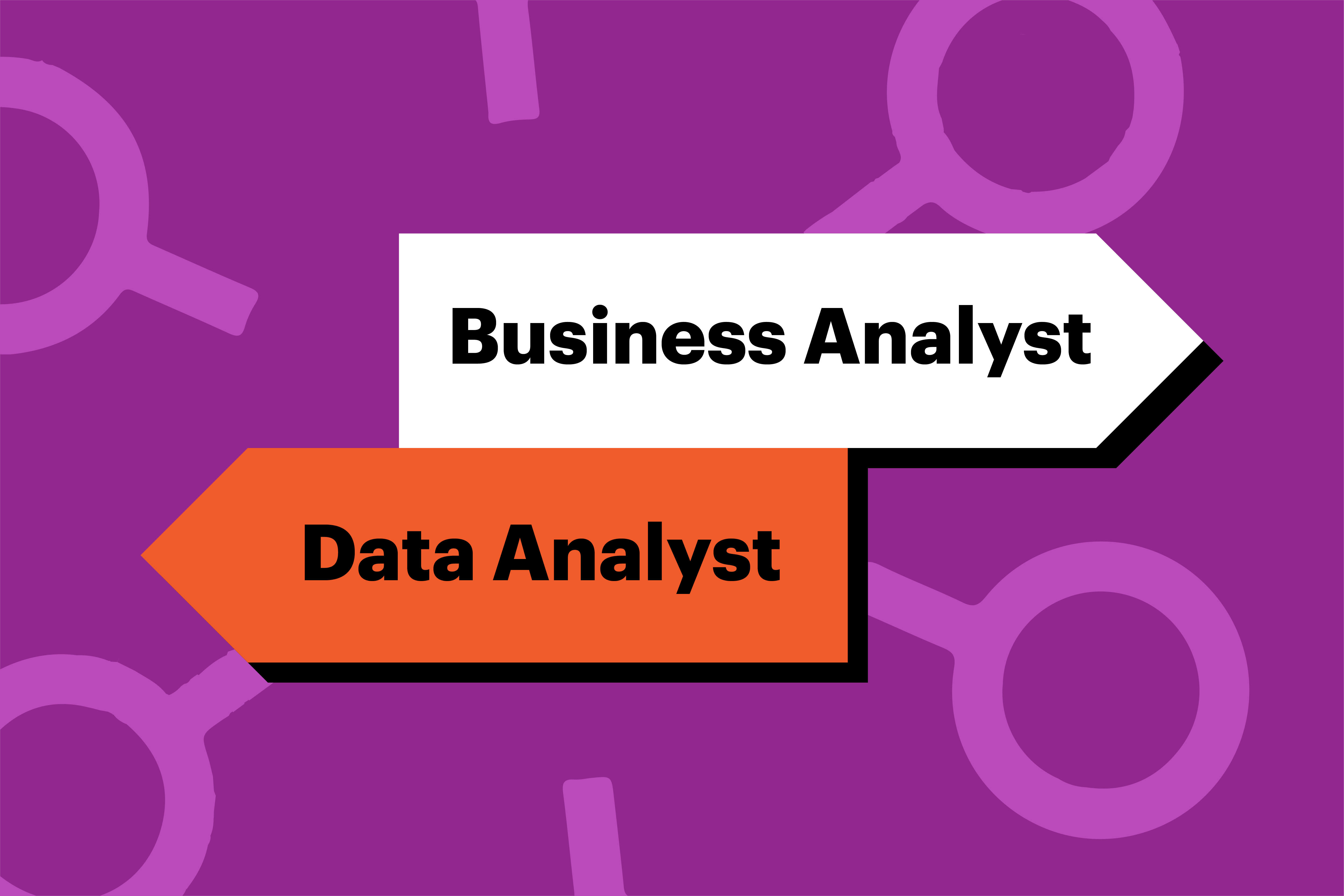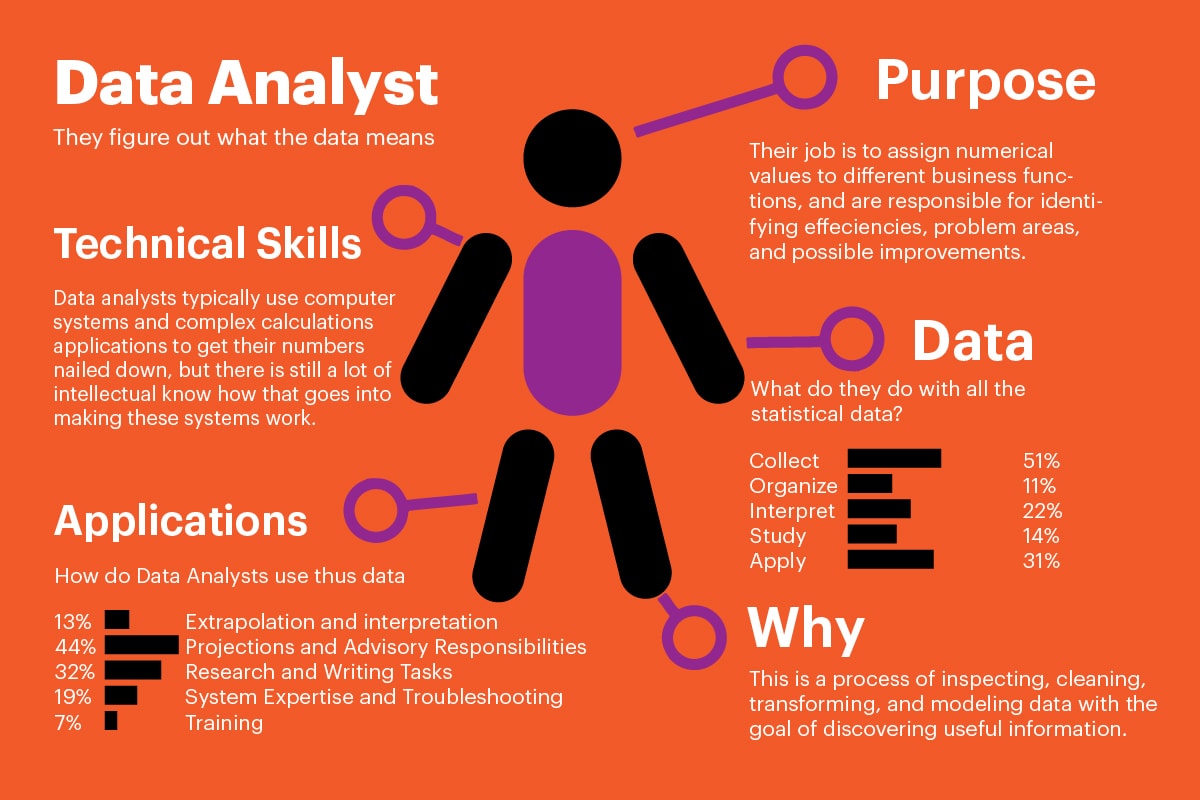
Data Analyst vs Business Analyst.What they do?

Differentiate between these two roles is considered a dilemma that is common in the minds of many analyst professionals who are new to the data field or intending to get into it.
So let’s start to elaborate this difference:
Both business analysts and data analysts work with data. The difference is what they do with it. They both work with numbers, and in some organizations, these roles are even used interchangeably.
Data Analysts

He is responsible for gathering data from disparate sources, extracting useful insights that the business may need, and visualize their findings into easy-to-read charts and interactive dashboards. To the Data analyst analyzing data and communicating the information to the interested users whose job it is to take this data and act accordingly is their end point. In other words, this role is a technical one. While the Business Analyst is a strategic one.

Business Analysts

By contrast, BA uses the data analysis result to make strategic business decisions. For the BA point of view, data is a means to an end. The Business Analyst is more concerned with the business implications of the data and the actions that should result or take upon it. For instance, Should the company invest more in one project over another based on the insights we know? Business analysts will leverage the work of data analyst teams to communicate an answer. In general, they work more collaboratively than data analysts with multiple department and teams.
Business Analyst exists to determine what a business needs, what problems it is facing and how to optimize its operations to increase its efficiency and improve their bottom-line.
According to The International Institute of Business Analysis: business Analyst is an agent of change inside the organization They enable change in an organization by determining needs and recommending solutions that deliver value to stakeholders.
What Are the Requirements for both of them?
We looked at the job postings on the jobs listing website such as Glassdoor, Indeed and we found the most common requirements -but not limited to- are as follows:
Business Analyst
- Experience with Agile practices
- Strong Excel experience to include pivoting and charting
- Basic financial reconciliation experience
- Bachelor's degree from a top tier college or university
- SQL experience
- Quantitative mindset and analytic capabilities
- Demonstrated practical experience with Lean, Agile or Six Sigma methodologies preferred
- Experience working with digital and/or broadcast ad technologies highly preferred
- Effective written and oral communication /presentation skills
- Experience with PowerPoint/MS Project, Word, Excel is required
Data Analyst
- Strong database analytics and data extraction (SQL) skills
- Analyzed data, built reports and presentations, and made recommendations
- Advanced Microsoft Excel skills
- Knowledge of Python, R, or a similar scripting language
- Experience with analytics and BI platforms such as Adobe Site Catalyst, Google Analytics, Chartbeat, Tableau, etc. a plus
- Excellent communication & interpersonal skills with strong customer orientation
- Must have strong attention to detail skills
- Data visualization (e.g. Tableau, Domo, Google Data Studio)
- Statistical modeling
Conclusion
Business analysts are considering the agents of change within an organization. They are existing to determine what a business needs, what problems are ahead and how to optimize its operations in an efficient manner.
By contrast, the key objective of the data analysts is to extract data from multiple sources, and interpret, clean and model the data to discover and extract useful information that the business may need in order to make the best-informed decisions.